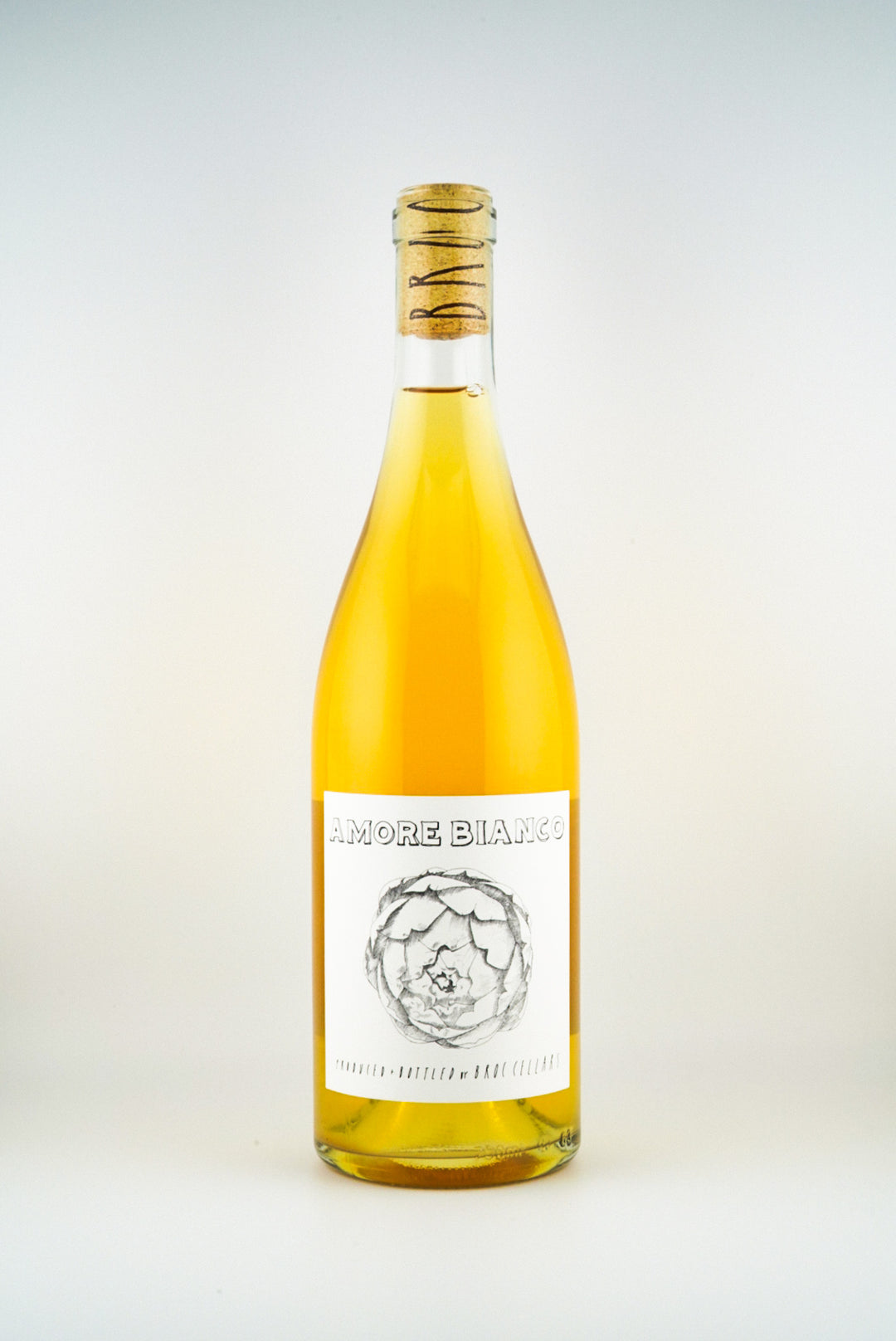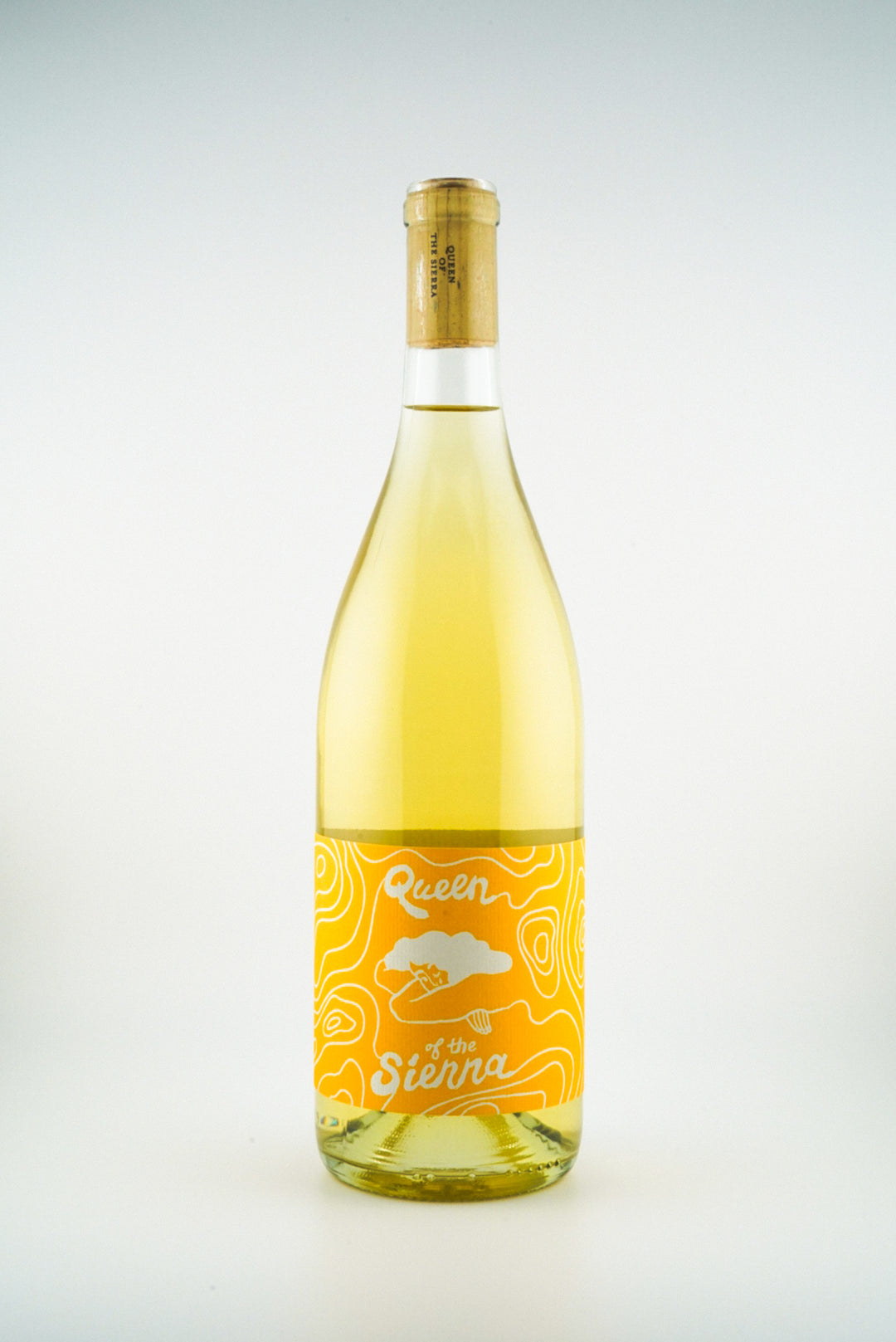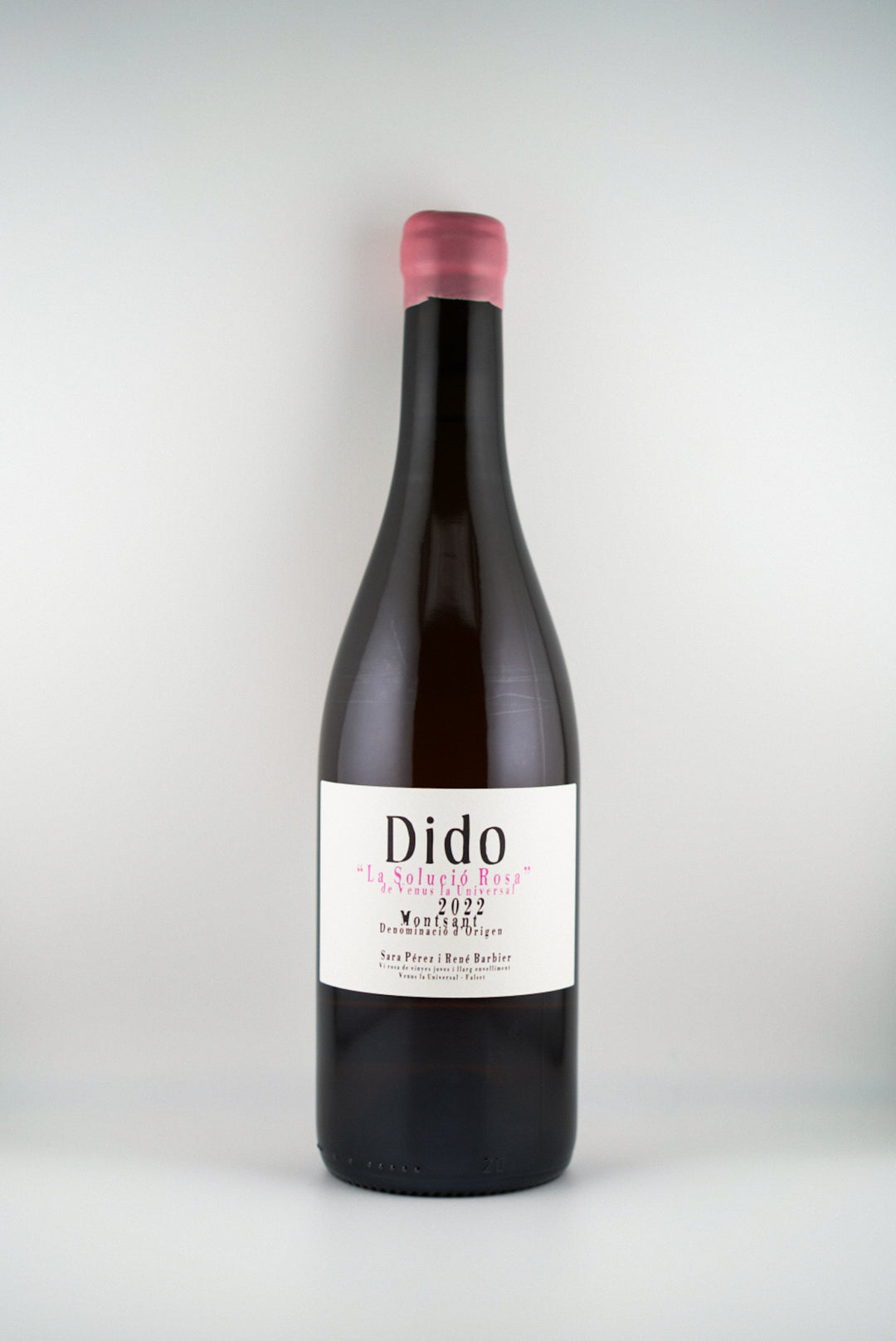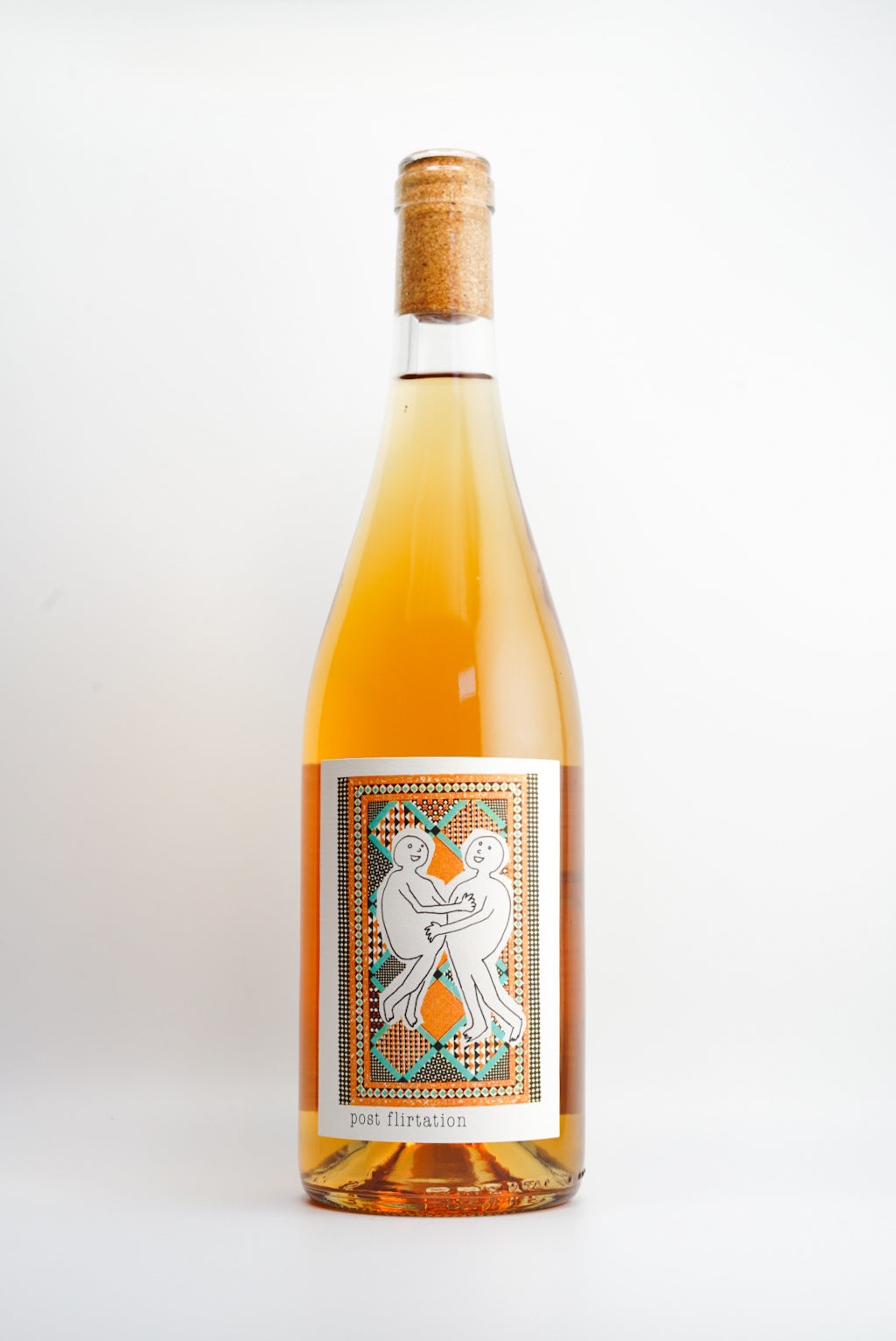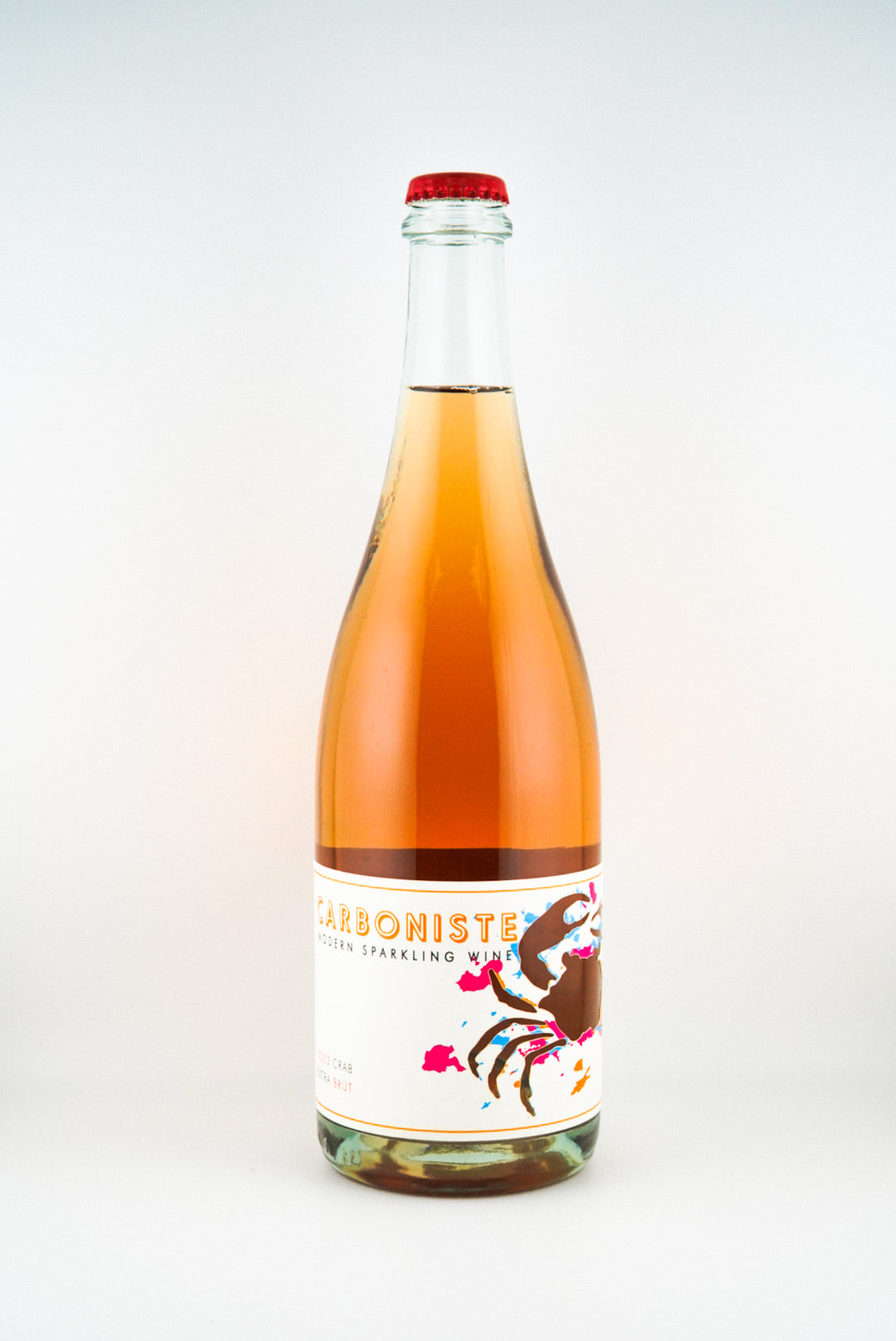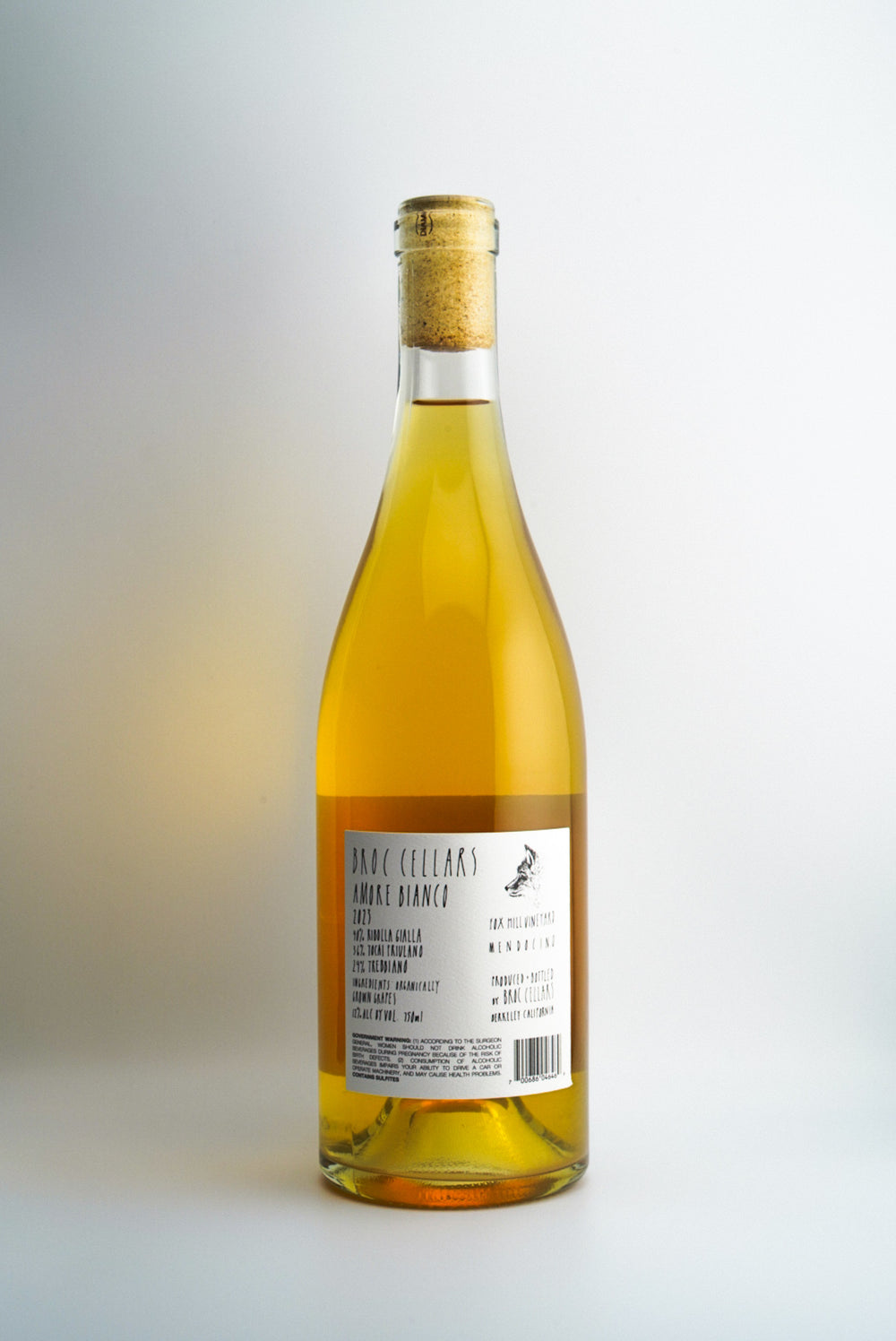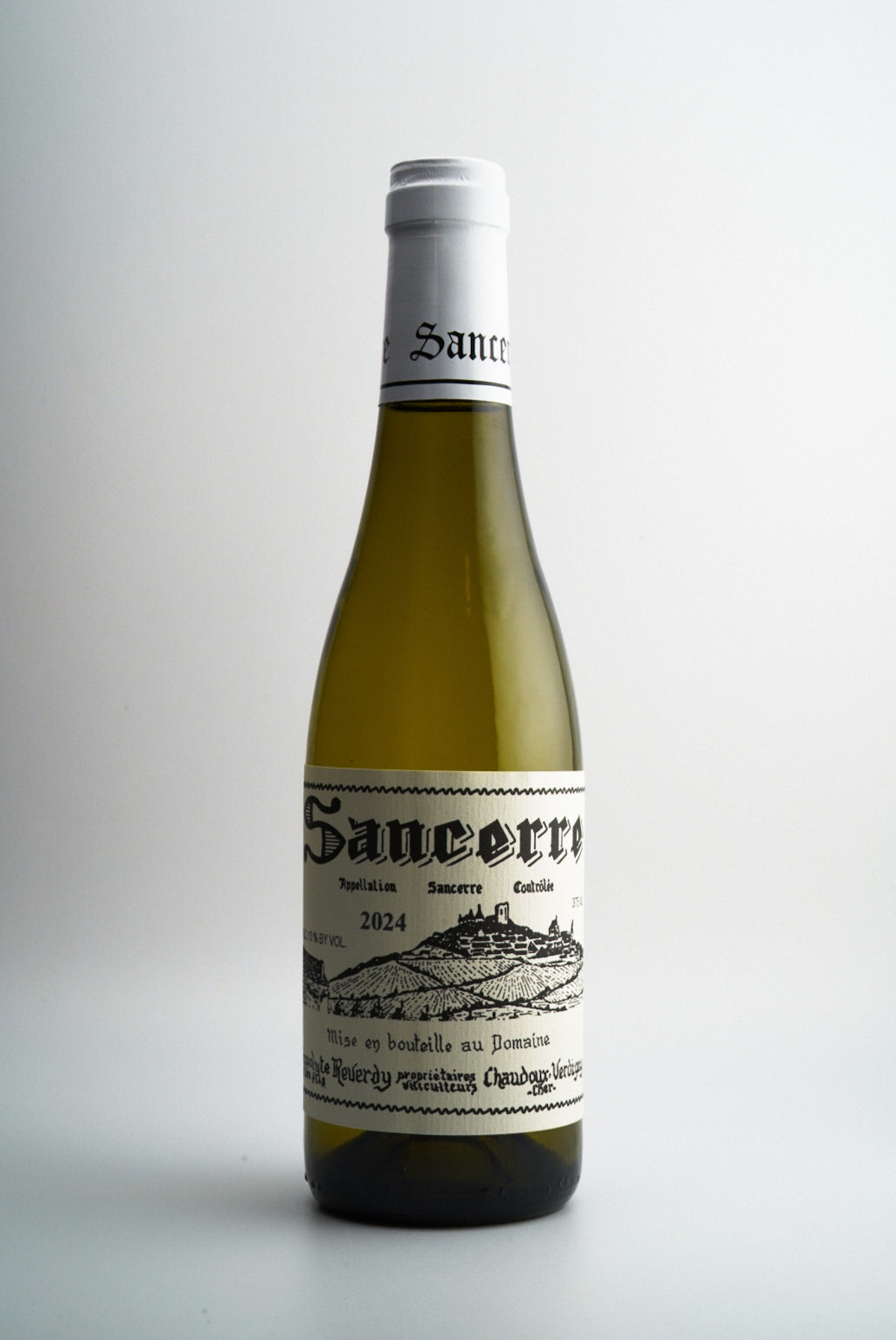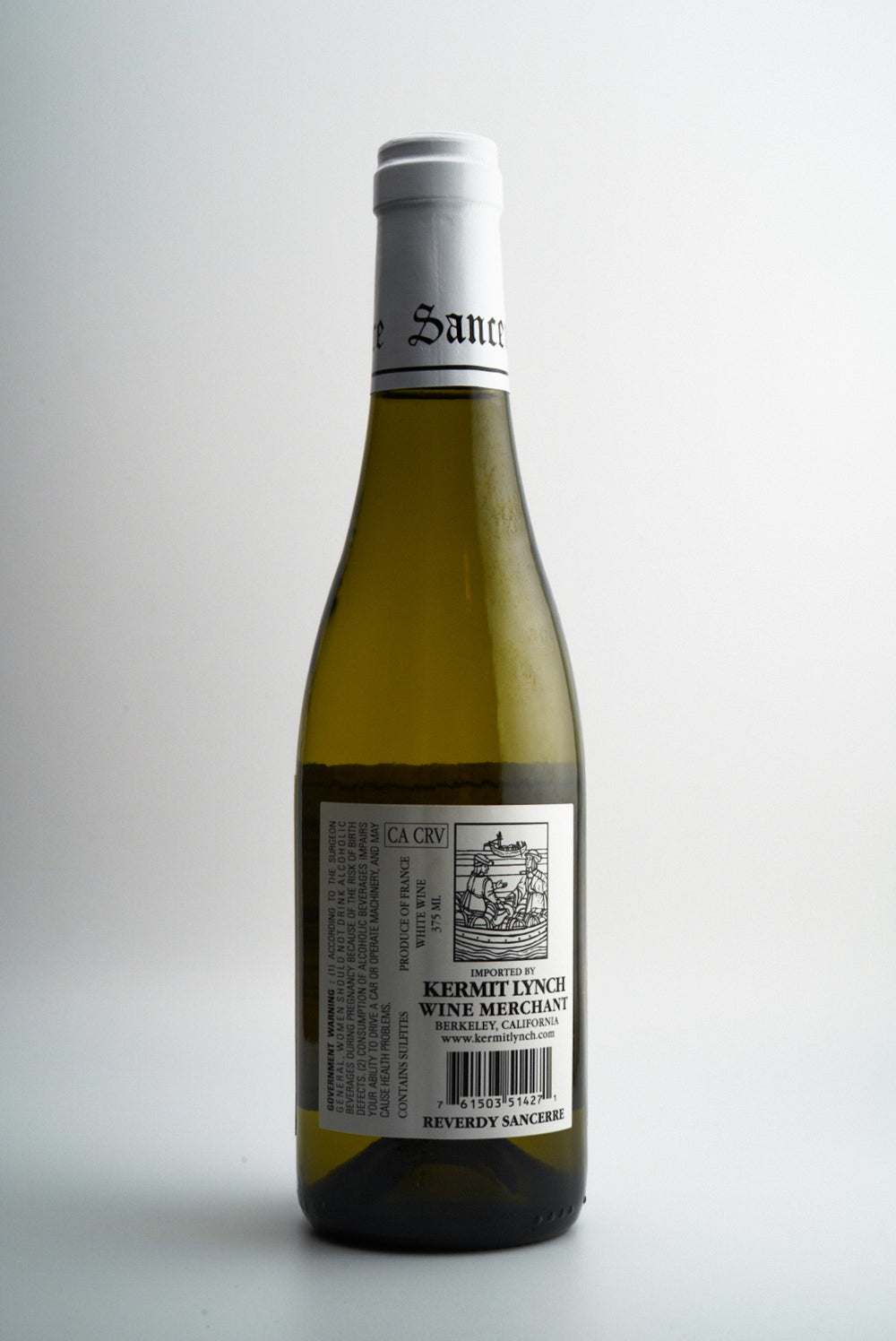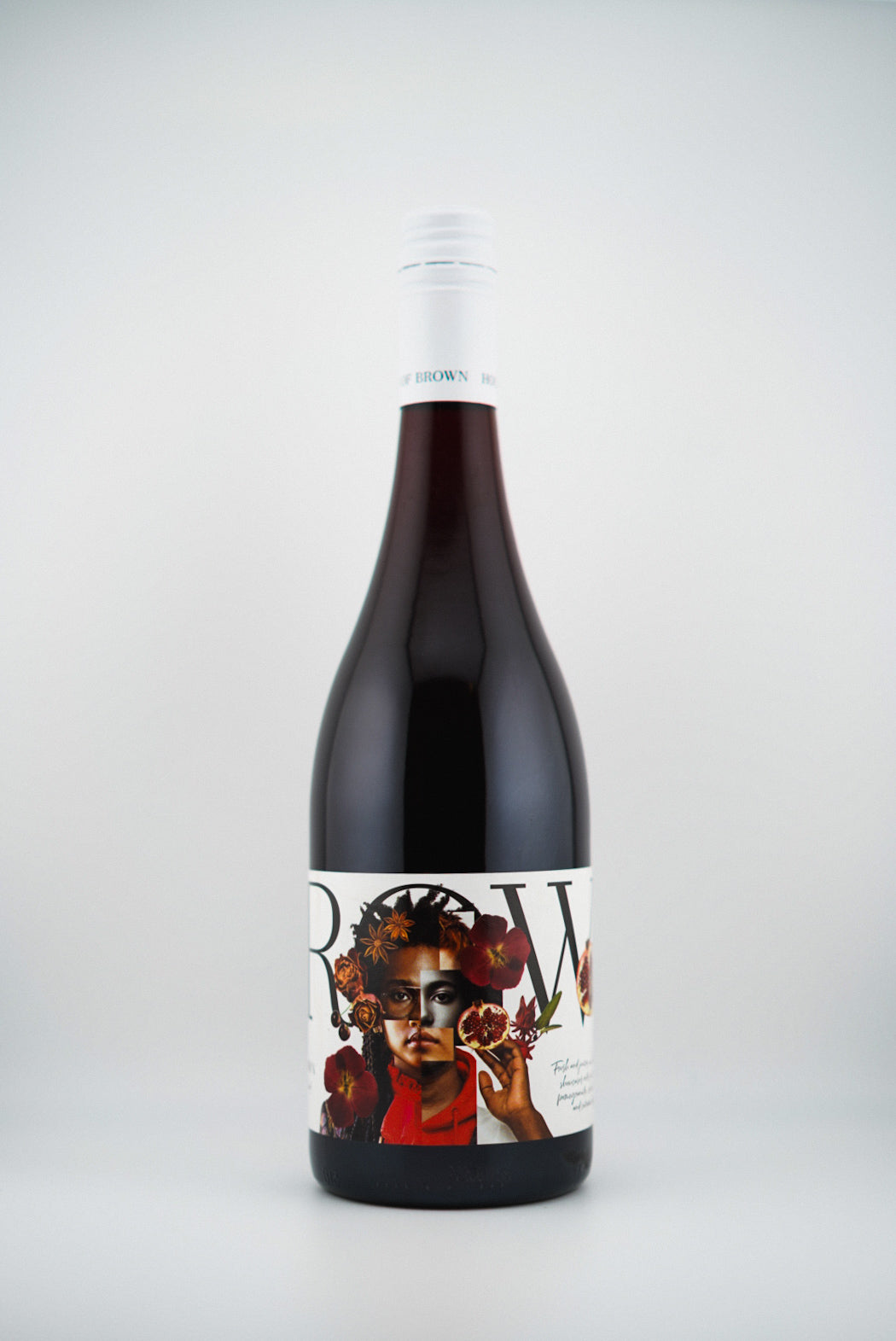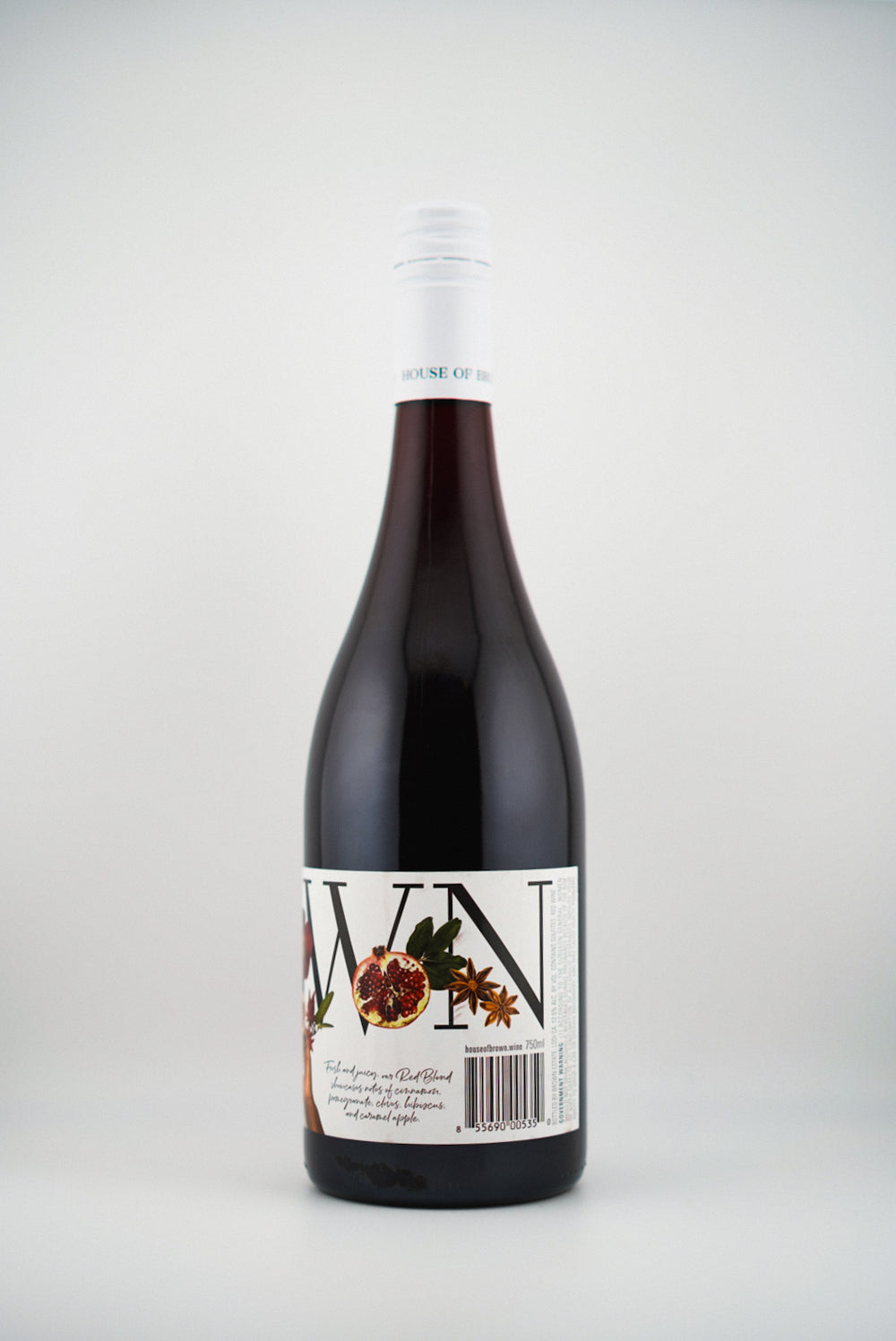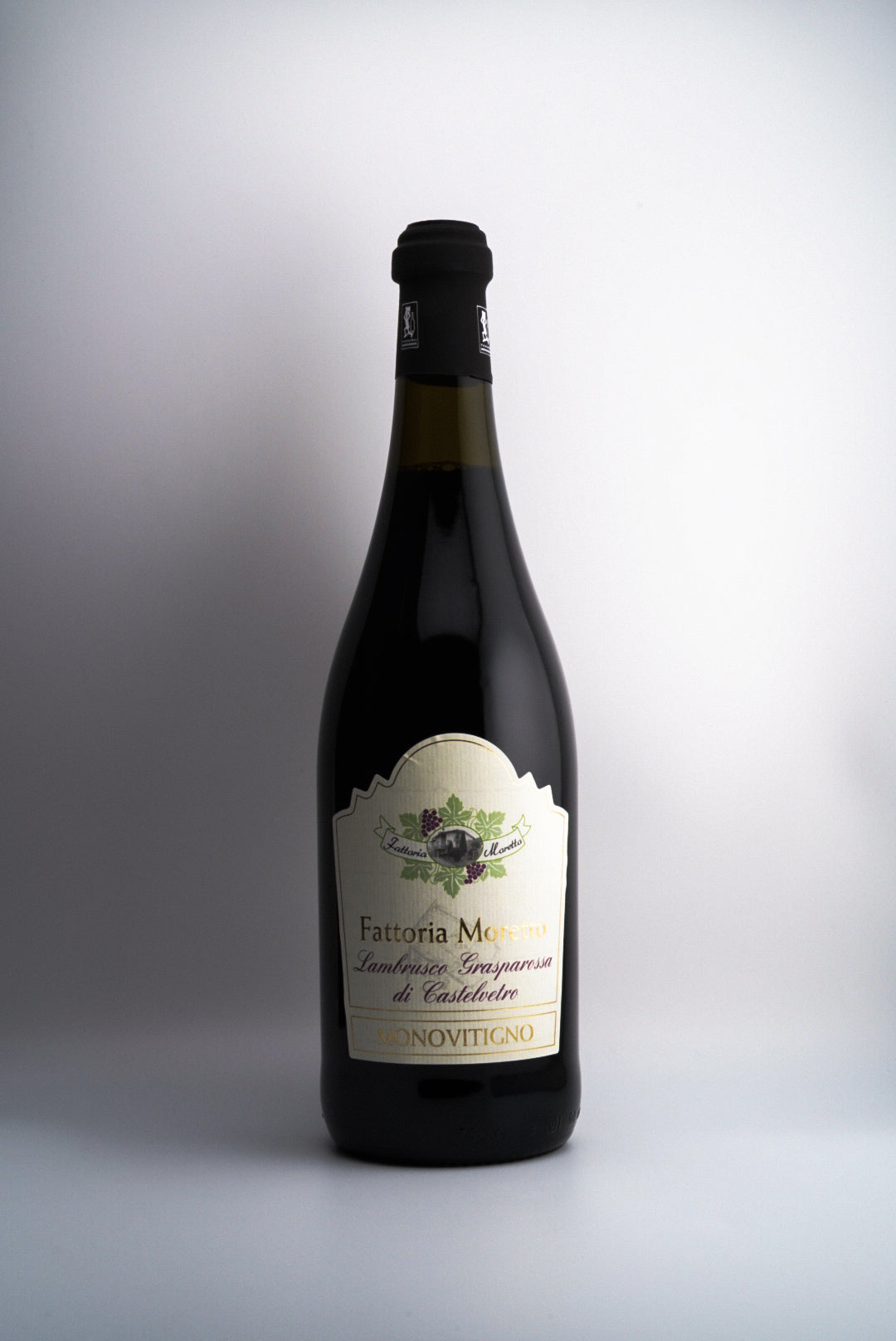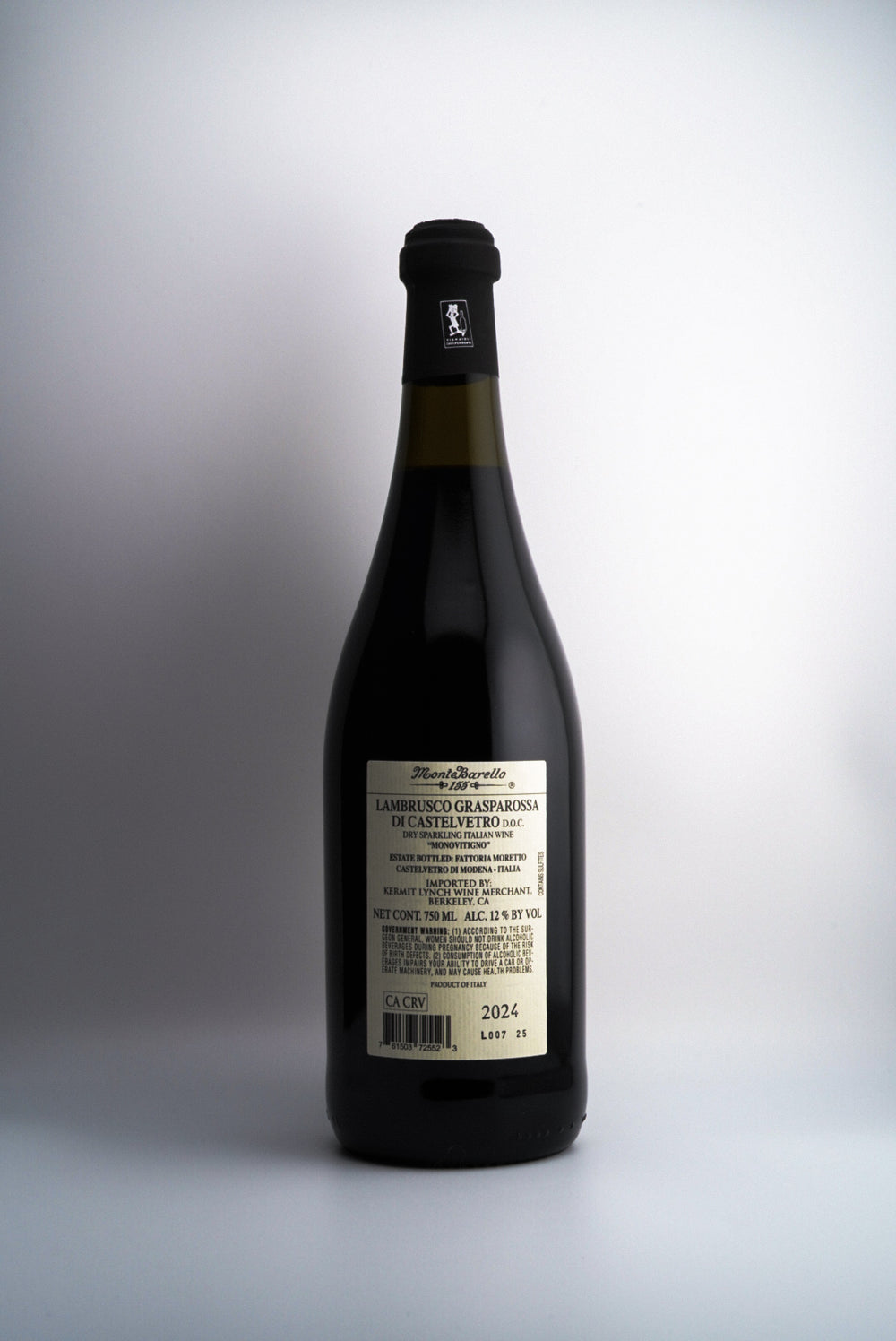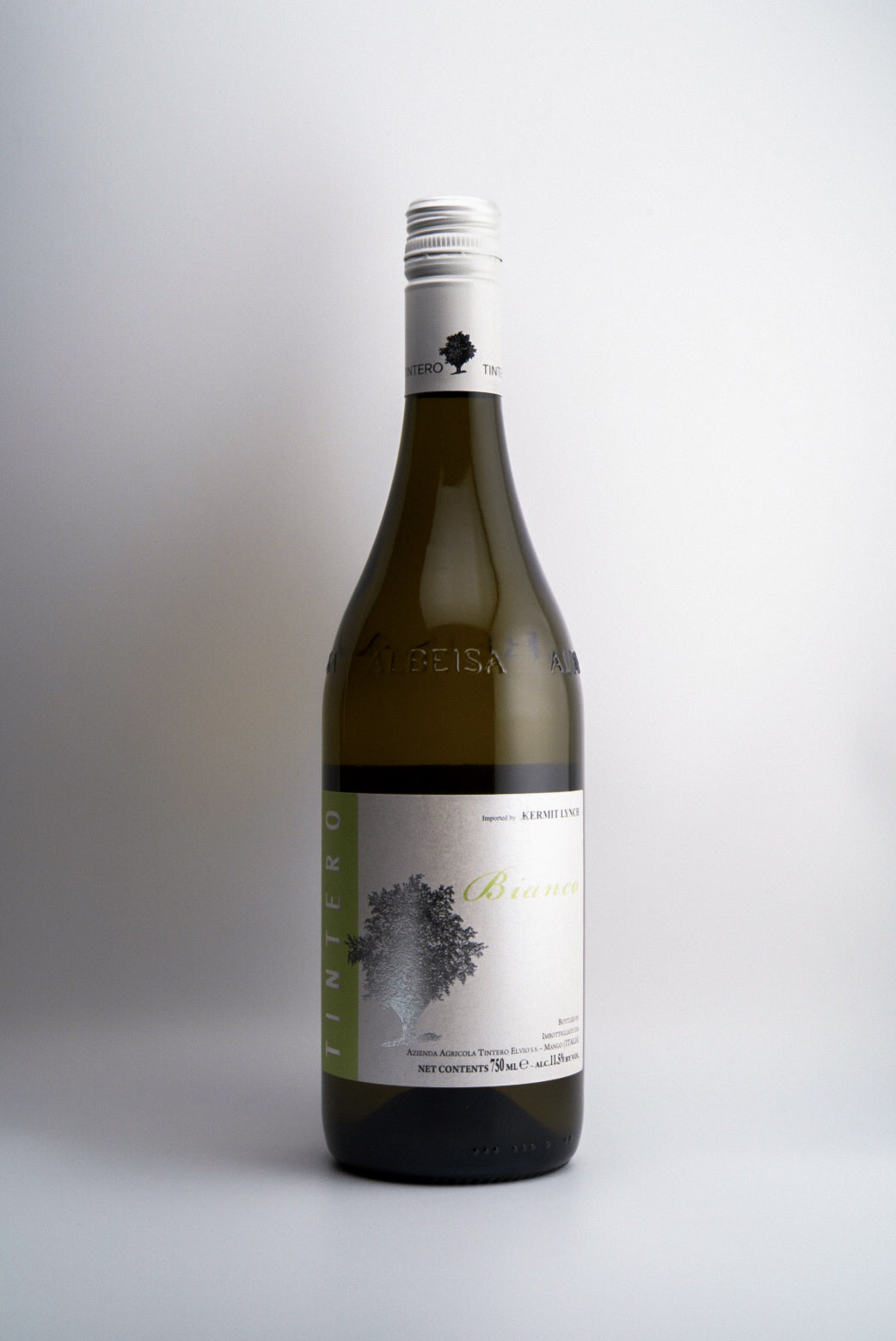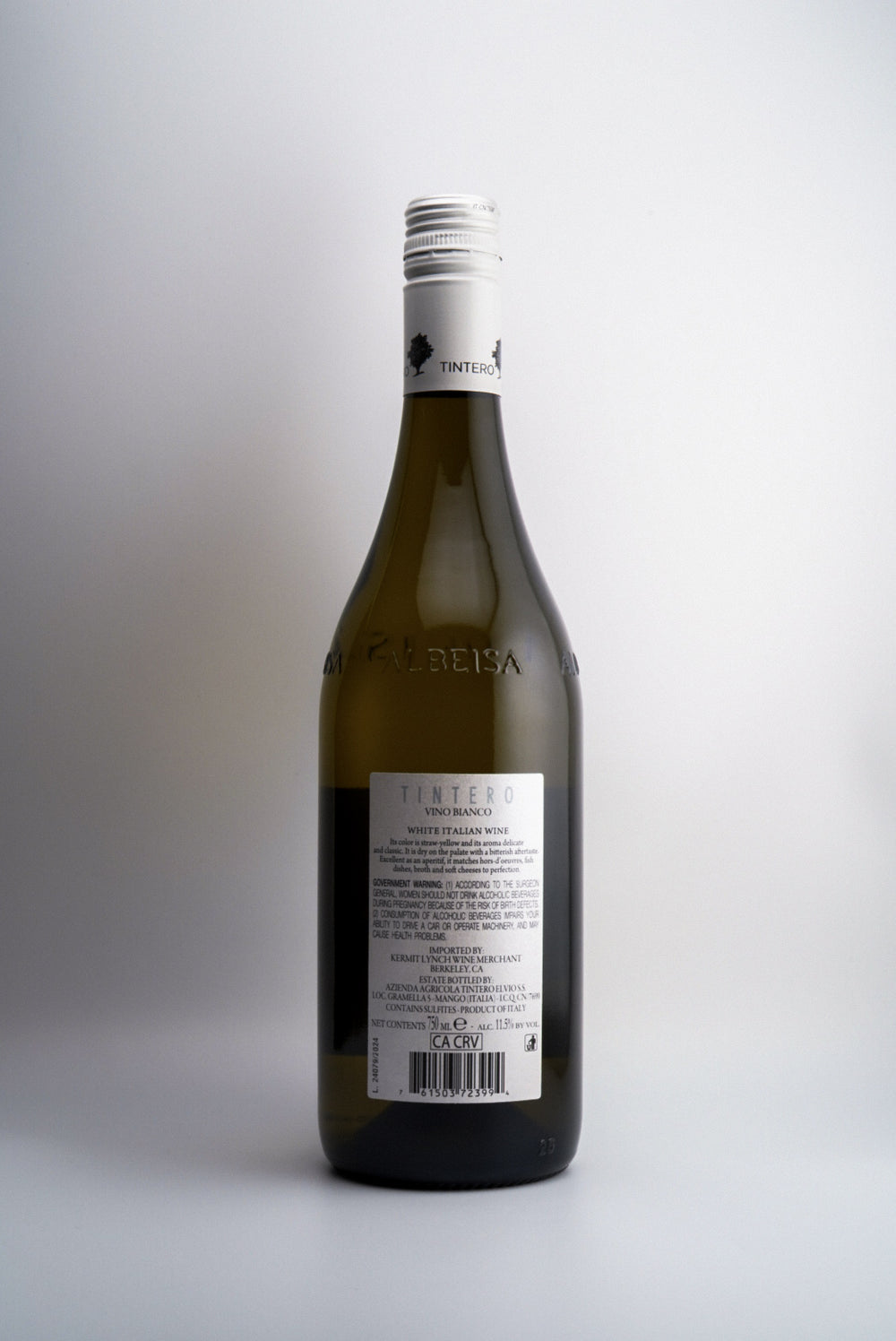Producer Spotlight: Pepe Raventós - Revolutionizing Spanish Sparkling Wine
In the sun-drenched hills of Catalonia, a quiet revolution is reshaping the world of Spanish wine. At the forefront of this movement stands Pepe Raventós, a visionary winemaker whose unwavering dedication to quality, sustainability, and terroir expression is elevating Spanish sparkling wine to new heights. Today, we embark on a journey through the vineyards and cellars of Pepe Raventós, exploring his exceptional wine companies: Raventós i Blanc and Can Sumoi.
A Legacy Steeped in History
The Raventós family's winemaking legacy is nothing short of extraordinary, stretching back to 1497. This makes them one of the oldest continuously operating wine businesses in the world, with a history that predates the discovery of the Americas. For over five centuries, the Raventós family has been intimately connected to the land of Sant Sadurní d'Anoia, evolving their craft alongside the changing tides of history.
Pepe Raventós, the 21st generation of this illustrious family, has taken up the mantle with a vision that both honors tradition and boldly embraces innovation. His approach to winemaking is a delicate balance of respecting his ancestors' wisdom while pushing the boundaries of what Spanish wine can be.
Raventós i Blanc: The Flagship Estate
Terroir: A Tapestry of History and Geology
Raventós i Blanc, established in 1984 by Josep Maria Raventós (Pepe's father), serves as the family's primary estate. Located in the heart of Sant Sadurní d'Anoia, this 90-hectare property is a testament to the region's unique terroir.
The estate sits on a remarkable geological formation known as the "Conca del Riu Anoia" (the Anoia River Basin). This area was once submerged beneath an ancient sea, resulting in calcareous soils rich in marine fossils. These soils, coupled with the Mediterranean climate moderated by the Anoia River, create an environment that imparts a distinctive mineral character and salinity to the wines.
Three distinct soil types dominate the estate:
- Miocene Era Soils: Sandy loam with a high presence of marine fossils.
- Pleistocene Era Soils: Composed of alluvial gravel and pebbles.
- Holocene Era Soils: Clay loam with organic matter from the river.
This diverse soil composition allows for a wide range of expressions in the wines, contributing to their complexity and depth.
Philosophy: Biodynamics and Beyond
Pepe Raventós' approach to viticulture goes far beyond organic farming. The entire estate is managed biodynamically, a practice that views the vineyard as a self-sustaining ecosystem. This philosophy extends to every aspect of the winemaking process:
- Biodiversity: The estate maintains forests, vegetable gardens, and animal habitats alongside the vineyards, promoting a balanced ecosystem.
- Biodynamic Preparations: Natural composts and herbal sprays are used to vitalize the soil and strengthen the vines.
- Lunar Calendar: Vineyard work and winemaking processes are timed according to lunar and cosmic rhythms.
- Minimal Intervention: In the cellar, Pepe aims to let the grapes speak for themselves, using native yeasts and minimal sulfur.
This holistic approach not only results in healthier vines and more expressive wines but also ensures the long-term sustainability of the land for future generations.
Key Grape Varieties: Celebrating the Indigenous
Pepe Raventós focuses primarily on indigenous varieties, believing that these grapes best express the unique terroir of the region:
- Xarel·lo: The star of Raventós i Blanc, this grape forms the backbone of their sparkling wines. Known for its structure, acidity, and aging potential, Xarel·lo contributes notes of green apple, lemon, and almonds, with a distinctive saline minerality.
- Macabeo (Viura): This variety brings aromatic complexity and freshness to the blends. It offers delicate floral notes, often with hints of chamomile and green pear.
- Parellada: Grown primarily in the higher elevation plots, Parellada adds delicacy and subtle floral notes to the wines. It's prized for its ability to retain acidity even in warmer vintages.
- Monastrell: Used in small quantities for their rosé sparkling wines, Monastrell (also known as Mourvèdre) adds body, structure, and red fruit notes.
Standout Wines: A Testament to Terroir and Technique
-
De la Finca: The flagship vintage sparkling wine, De la Finca is a blend of Xarel·lo, Macabeo, and Parellada from the estate's oldest vines. Aged for at least 36 months on the lees, it showcases the mineral intensity and saline finish characteristic of the estate's terroir.
Tasting notes: Crisp green apple, lemon zest, and brioche, with a pronounced chalky minerality and a long, saline finish.
-
Textures de Pedra: An innovative sparkling rosé made from the red grape varieties Xarel·lo Vermell, Bastard Negre, and Sumoll. This wine challenges traditional notions of rosé sparkling wine, offering depth and complexity rarely seen in this category.
Tasting notes: Red berries, blood orange, with hints of Mediterranean herbs and a stony mineral core.
-
Manuel Raventós Negra: A tribute to Pepe's great-grandfather, this long-aged (minimum 100 months on lees) sparkling wine is made from a single plot of old-vine Xarel·lo. It represents the pinnacle of the estate's production.
Tasting notes: Intense and complex, with notes of toasted nuts, honey, and dried fruits, balanced by vibrant acidity and a persistent mineral finish.
Can Sumoi: The Mountain Estate
Terroir: Elevating the Penedès
Established in 2017, Can Sumoi represents Pepe Raventós' venture into a different facet of the Penedès region. This 400-hectare estate, with 20 hectares of vineyards, is situated in the Serra de l'Home mountain range at an elevation of 600-800 meters.
The high altitude creates a unique microclimate:
- Cooler temperatures, allowing for slower ripening and preservation of acidity
- Significant diurnal temperature shifts, enhancing aromatic complexity
- Higher UV exposure, leading to thicker grape skins and more phenolic compounds
The soils at Can Sumoi are predominantly composed of calcareous clay and slate, imparting a distinct mineral character to the wines. The combination of altitude, climate, and soil results in wines with vibrant acidity, pronounced minerality, and a remarkable sense of place.
Philosophy: Preserving Heritage and Landscape
At Can Sumoi, Pepe Raventós and his team are not just making wine; they're engaged in a project of cultural and ecological preservation. The estate includes:
- 20 hectares of organically and biodynamically farmed vineyards
- 380 hectares of forest, vital for maintaining biodiversity
- Ancient stone terraces that are being carefully restored
The winemaking philosophy here centers on minimal intervention, allowing the unique mountain terroir to shine through in every bottle.
Key Grape Varieties: Rediscovering Native Treasures
- Xarel·lo: Showcasing its versatility, Xarel·lo at Can Sumoi produces still wines of remarkable depth and aging potential.
- Sumoll: A nearly forgotten native variety that Pepe is championing. Sumoll produces light-bodied red wines with high acidity, floral notes, and a distinct mineral character.
- Parellada: Thriving in the cooler mountain climate, Parellada here shows enhanced aromatics and crisp acidity.
- Malvasia de Sitges: An aromatic white variety that Pepe is working to preserve, known for its floral bouquet and potential for both dry and sweet wines.
Notable Wines: Mountain Expressions
-
Xarel·lo Natural: A pure expression of the variety, made with no added sulfites. This wine highlights Xarel·lo's potential for creating age-worthy still wines.
Tasting notes: Citrus zest, white peach, with a pronounced mineral backbone and a hint of Mediterranean herbs.
-
La Rosa: A delicate rosé made from Sumoll, introducing wine lovers to this rare grape. The high-altitude vineyards impart a vibrant acidity and delicate aromatics.
Tasting notes: Wild strawberries, rose petals, with a crisp, mineral-driven finish.
-
Perfum: A unique blend of Malvasia de Sitges and Macabeo, showcasing the aromatic potential of these varieties when grown at altitude.
Tasting notes: Intensely floral with notes of jasmine and orange blossom, complemented by crisp citrus and a stony mineral finish.
Conca del Riu Anoia: Redefining Spanish Sparkling Wine
In 2012, Pepe Raventós made a decision that sent shockwaves through the Spanish wine world: he chose to leave the Cava DO (Denomination of Origin). This bold move was driven by a vision to create a new, more stringent appellation that would elevate the reputation of Spanish sparkling wine on the global stage.
Beyond Cava: The Need for Change
While Cava has long been Spain's flagship sparkling wine, the DO's large production area (spanning multiple regions) and varying quality standards have sometimes hindered its reputation. Many consumers associated Cava with inexpensive, mass-produced sparkling wine, overlooking the high-quality producers in the region.
Pepe recognized that to truly showcase the potential of his terroir and winemaking philosophy, a new approach was needed.
Conca del Riu Anoia: A New Vision
The Conca del Riu Anoia project aims to create a geographically smaller, more rigorous appellation focused on:
- A defined geographical area around the Anoia River valley
- Stricter production standards, including longer aging requirements
- 100% organic or biodynamic viticulture
- Emphasis on estate-grown grapes and indigenous varieties
- Lower maximum yields to ensure quality
- Commitment to traditional winemaking methods, including hand harvesting and bottle fermentation
While not yet officially recognized as a DO, Conca del Riu Anoia serves as a guiding philosophy for Raventós i Blanc and likeminded producers in the region.
Corpinnat: Strength in Unity
Pepe's initiative aligns closely with Corpinnat, a collective of high-quality producers who have also left the Cava DO. Corpinnat, which means "Heart of Penedès" in Catalan, was officially recognized as a European Union Collective Mark in 2018.
Corpinnat members adhere to strict guidelines:
- 100% organic viticulture
- 75% of grapes must be estate-owned
- Wines must be aged for a minimum of 18 months
- Grapes must be hand-harvested
- Commitment to fair prices for grapes from external growers
While Raventós i Blanc is not currently part of Corpinnat, the two initiatives share many common goals and are both working towards elevating the reputation of sparkling wines from this region.
The Future of Spanish Sparkling Wine
Pepe Raventós' work at Raventós i Blanc and Can Sumoi represents more than just the production of exceptional wines. It's a holistic approach to winemaking that honors the past while innovating for the future. Through his commitment to:
- Biodynamic and organic viticulture
- Preservation and promotion of indigenous grape varieties
- Terroir-driven winemaking
- Raising quality standards for Spanish sparkling wine
Pepe is helping to redefine what Spanish wine can be on the global stage. His efforts, along with those of likeminded producers, are ensuring that the sparkling wines of Catalonia are recognized not just for their value, but for their quality, complexity, and ability to express a unique sense of place.
Conclusion: A Taste of Revolution
When you choose a bottle from Pepe Raventós, you're not just selecting a wine – you're participating in a movement that values quality, sustainability, and authenticity. Each sip tells the story of a centuries-old winemaking legacy, of sun-drenched Mediterranean hillsides and cool mountain air, of a deep respect for nature and a commitment to excellence.
Whether you're exploring the mineral-driven sparklers of Raventós i Blanc or the high-altitude expressions of Can Sumoi, you're experiencing the future of Spanish wine. A future that's rooted in tradition but unafraid to innovate, that respects the land and the people who work it, and that above all, seeks to bring the pure expression of terroir to your glass.
Explore our selection of Raventós wines and taste the revolution for yourself. From the iconic De la Finca to the rare and expressive Textures de Pedra, each bottle offers a unique window into the passion and vision of one of Spain's most exciting winemakers.
Salut to Pepe Raventós and the bright future of Spanish
Wine 101

The top gifts for the wine lover in your life this holiday season! (2025)
Read more →Latest articles

What if a night at your favorite wine bar did more than pour great Cabernet? A recent UK evaluation of pubs quantified big community benefits—less loneliness, better access to services, more resilient neighb...
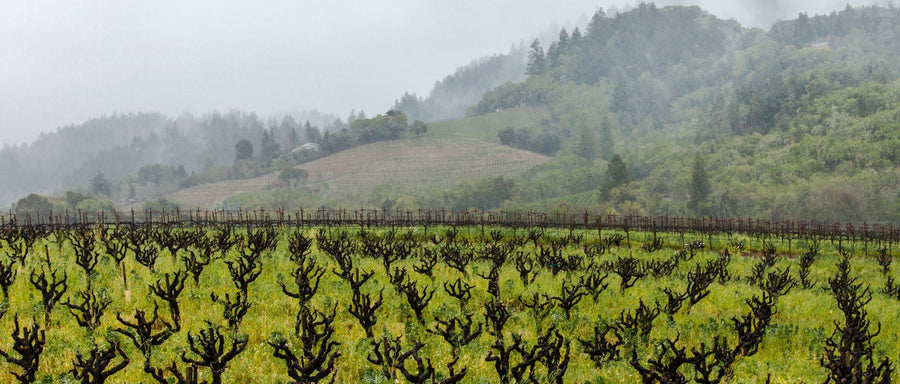
Wine Education · Opinion Don’t Fear Non-Vintage: The Case for Blending Across Seasons We expect wine to behave like a time capsule. One year, frozen in glass. But a single season can be cruel or kind, and ...
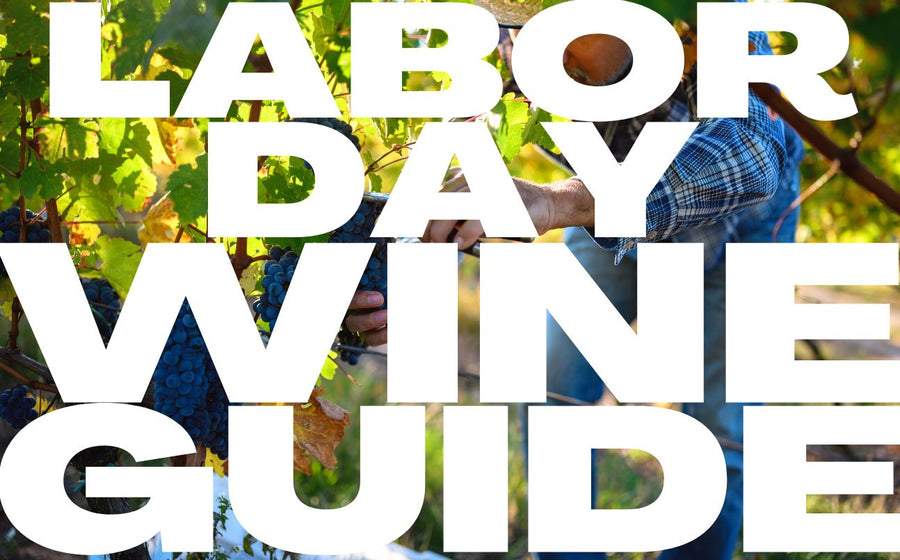
What's Below: BBQ & Grilling Perfect Red Wines Meat & Wine Matches Veggie Grill Wines Pool Party Essentials Crisp White Wines Rosé All Day Sparkling Options Party Planning Ho...
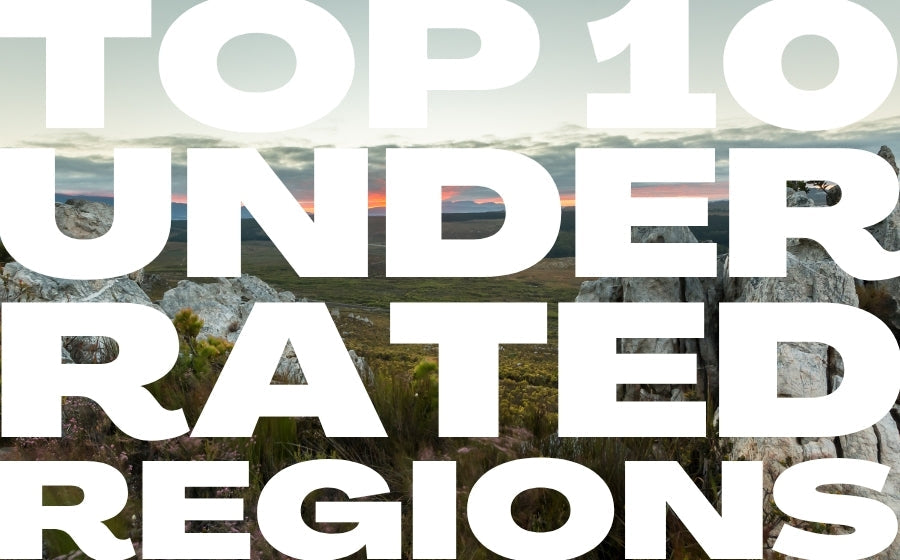
What's Below: European Gems Slovenia's Hidden Tuscany Austria's White Wine Wonderland Spain's High-Altitude Surprise New World Discoveries Mexico's Wine Revolution Brazil's Italian Influ...
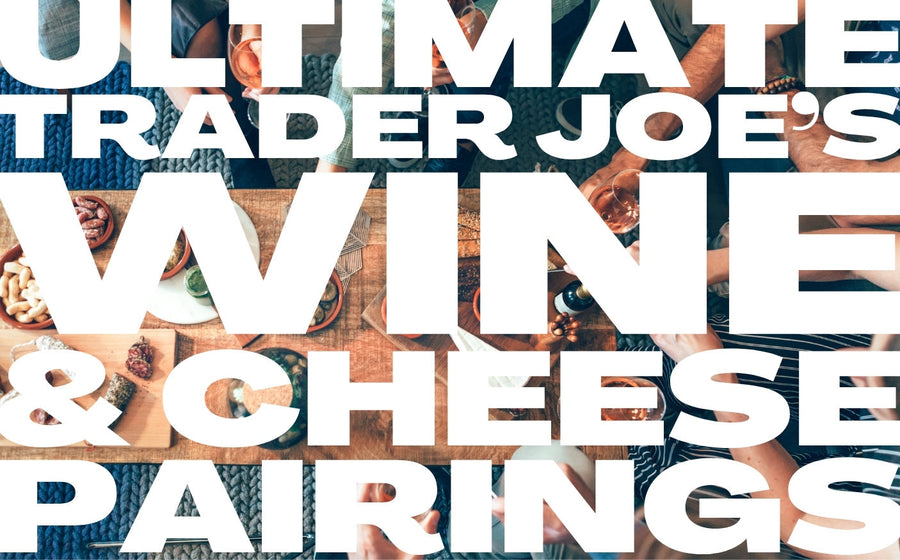
We've paired every single Trader Joe's cheese with the perfect wine. Your next cheese board is about to get very, very good. The Ultimate Trader Joe's Cheese & Wine Pairing Guide Look, Trader Joe...

"Liberté, égalité, fraternité" The key to great Bastille Day wine pairing is choosing authentic French wines that complement traditional French foods without overpowering them. Rich cheeses, herb-crus...
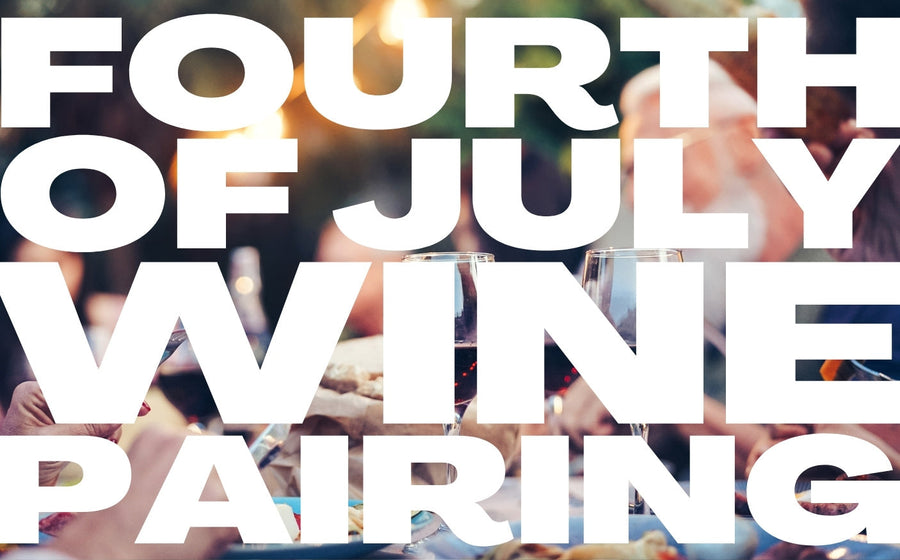
What wine should you have on 4th of July? These (All American) ones!
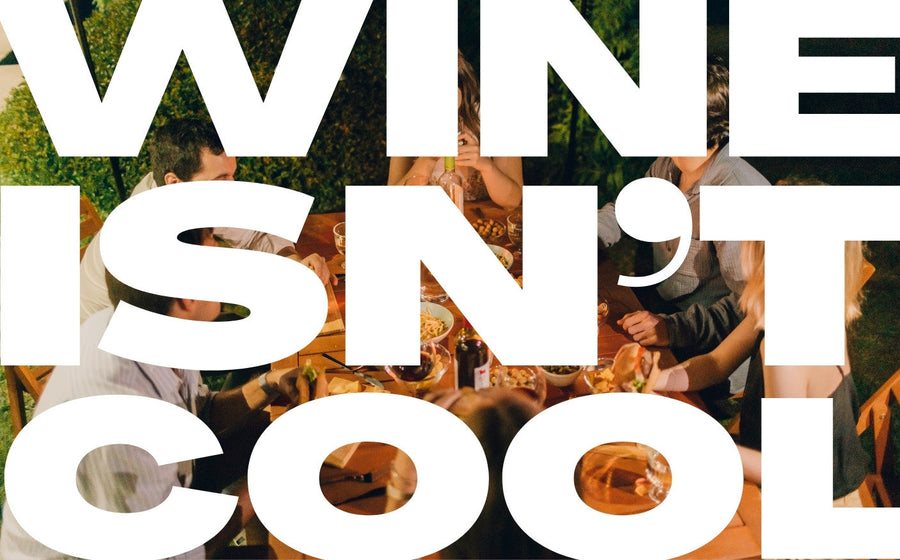
"Wine was never trying to be cool. And thank goodness for that." Every few months, another think piece declares wine dead. "Gen Z has killed wine." "Hard seltzers are the new wine." "Why wine isn't cool...
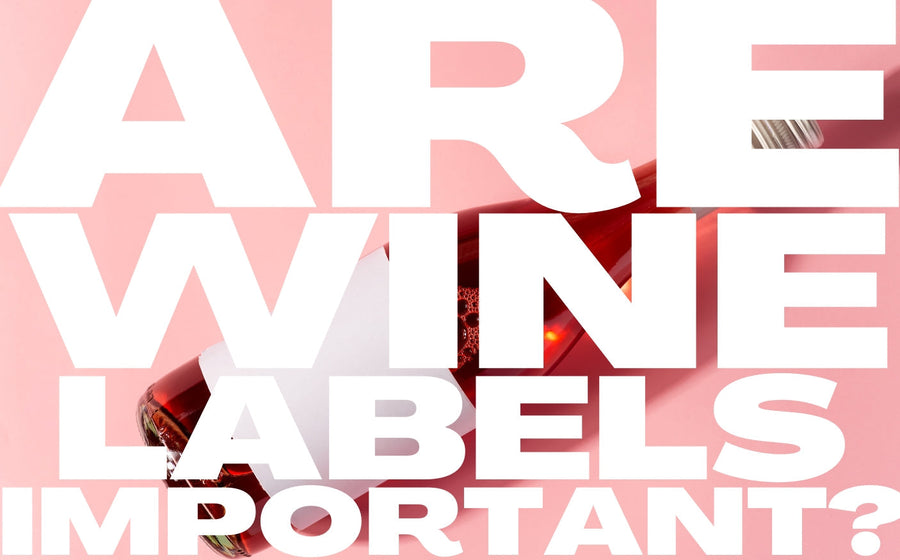
What's Below: The Foundation Introduction The Absolute Reality Real Shopping Experience Digital & Psychological The iPhone Test Psychology of Enhancement Addressing the Purists ...
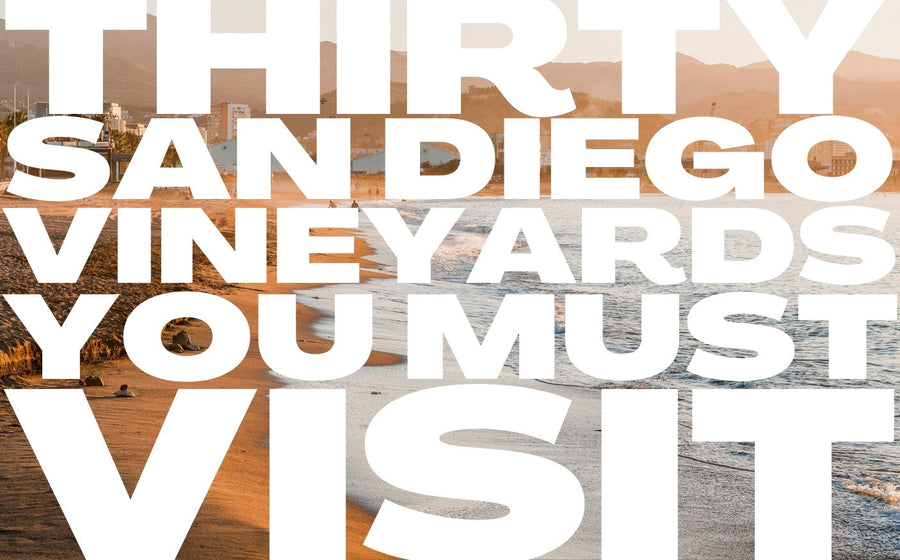
Image source: Valentina Vineyards. San Diego's top source of organically farmed wine grapes. San Diego County boasts over 172 active wineries and vineyards across diverse microclimates, from coastal va...

Italy boasts a rich tapestry of wine regions, each with its unique terroir, indigenous grape varieties, and winemaking traditions. Join us on a journey through all 20 Italian administrative regions, from int...
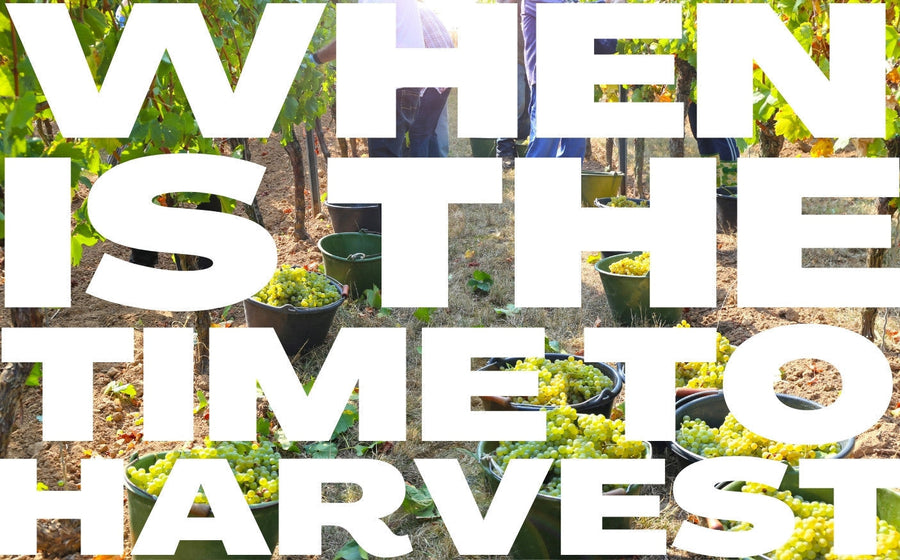
The journey of wine grapes from vineyard to bottle is a fascinating process guided by both science and tradition. Let's explore how vignerons determine the perfect moment to pick their grapes for optima...
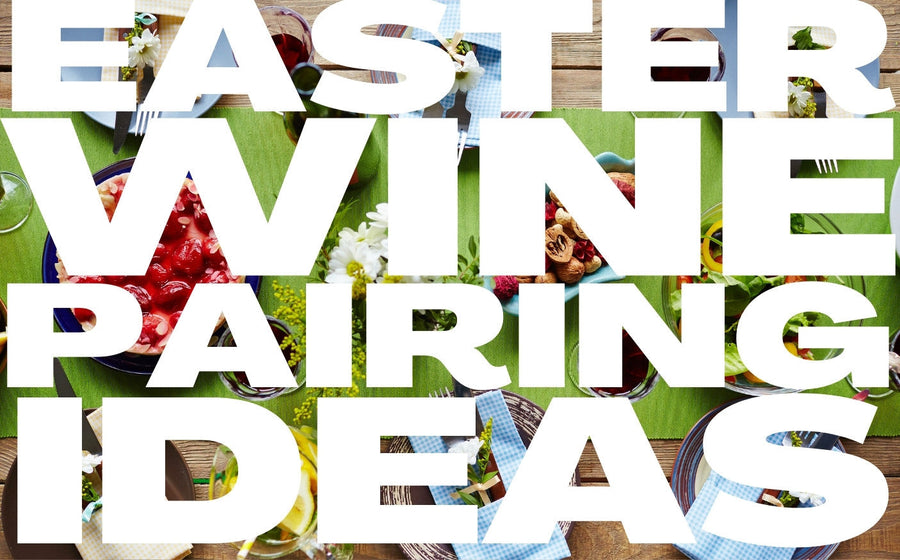
Easter Wine Pairings That Won't Disappoint Easter is hopping our way, and whether you're hosting an elegant brunch or a family feast, the right wine can transform your gathering from merely memorabl...
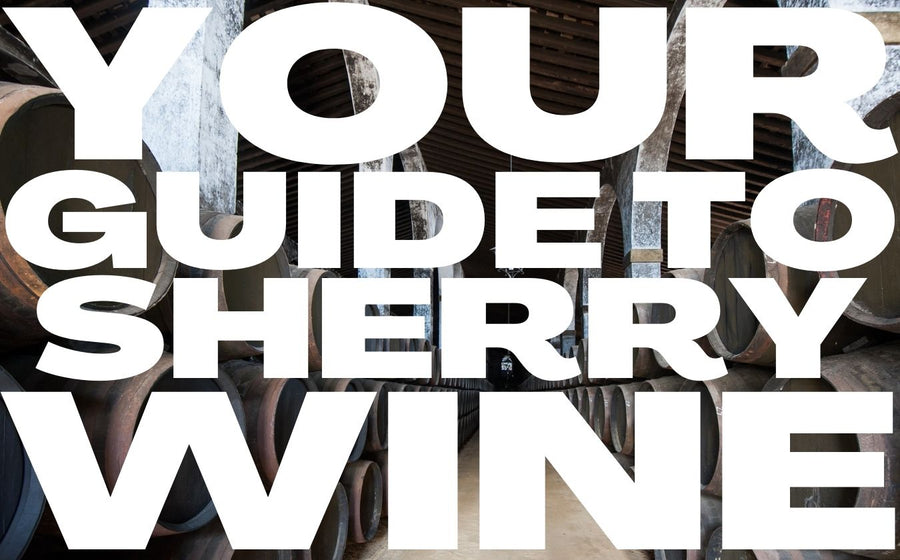
Explore Sherry: Spain's Ancient Fortified Treasure Source: Consejo Regulador de los Vinos de Jerez y Manzanilla. If you are trying to get an excellent academic understanding of Sherry, its various styl...


